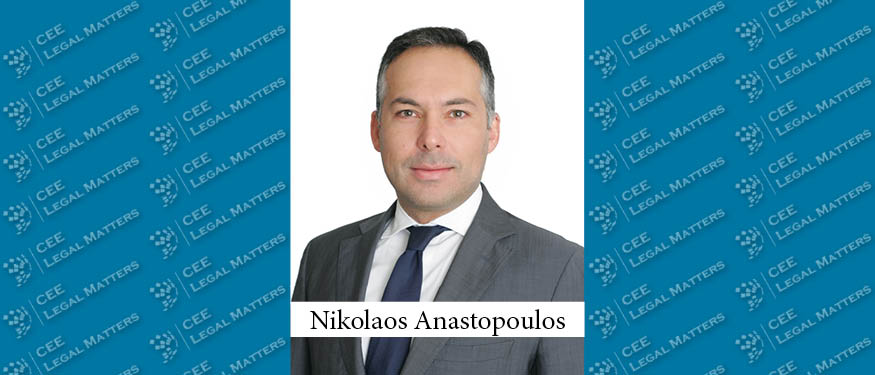Advancing renewable energy initiatives, establishing remote companies, and adopting criminal justice reform are currently the key priorities on the legal agenda in Greece, according to Politis & Partners Partner Nikolaos Anastopoulos.
"In the past few months, Greece has experienced significant developments despite the challenges it has faced over the years, including the economic crisis, the impact of the COVID-19 pandemic, and the conflict in Ukraine," Anastopoulos begins. "Despite these obstacles, Greece has made remarkable progress in recovering from these crises, leading to a surge of interest among foreign investors to establish businesses in the country."
"A significant sector of the Greek economy that has been experiencing growth is renewable energy sources, which has been a long-standing industry in the country," Anastopoulos notes. "Many lawyers specializing in corporate and finance are actively involved in project development, financing, and navigating the regulatory framework in the renewable energy sector." He adds that this sector has become particularly active in recent months, "with increased interest and investment in renewable energy projects, highlighting the importance of sustainable and green energy solutions in Greece's economic development."
"In addition, recently, we have been receiving numerous inquiries from foreign investors who are interested in establishing a business in Greece, but without a physical presence in the country," Anastopoulos continues. "They wish to work remotely from Greece but have their company incorporated here, to pay taxes and comply with Greek civil and tax law legislation. This trend has gained momentum after last year’s tax reform, which has made Greek tax rates more competitive compared to other European countries." As a result, he says "this topic has become a prominent issue among lawyers in Greece in the past two to three months, as many employment-related challenges arise when establishing a business without a physical presence, both at the managerial and employee levels."
Finally, Anastopoulos emphasizes that there are ongoing discussions in Greece regarding the penal system and penal code, as well as how the criminal justice system operates. "This has always been a topic of great interest, with debates on how to make the criminal system more stringent and contemporary." At the same time, Anastopoulos says "legal professionals in Greece are actively engaged in these discussions, exploring ways to modernize and improve the country's criminal justice system while maintaining its effectiveness in addressing crime-related issues."

























